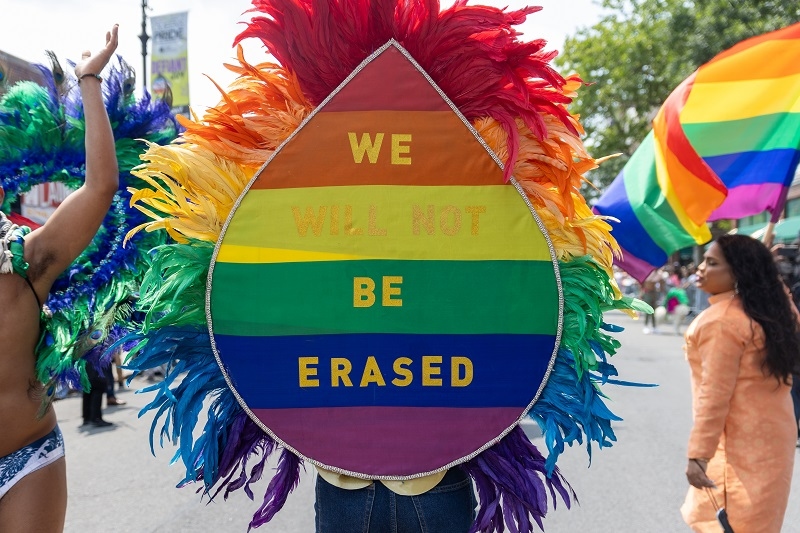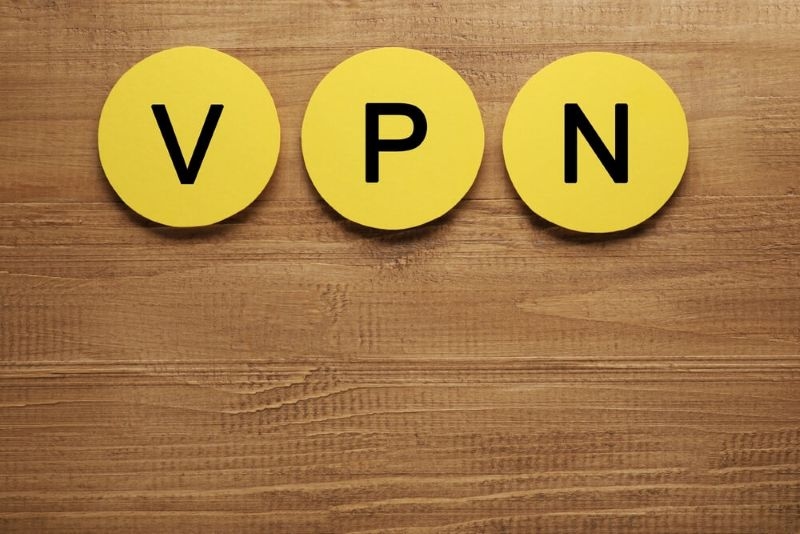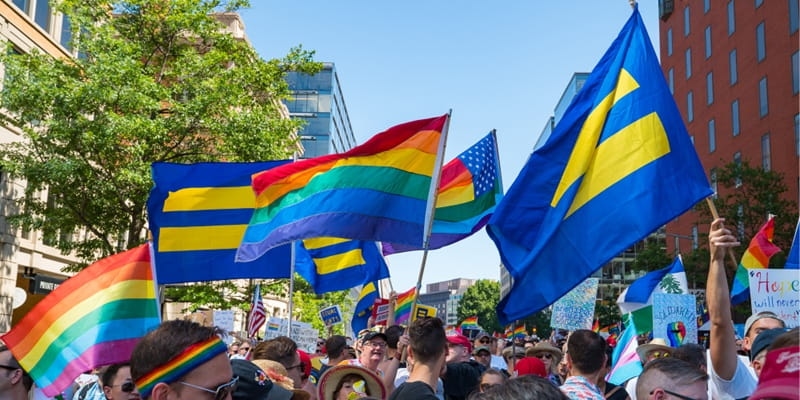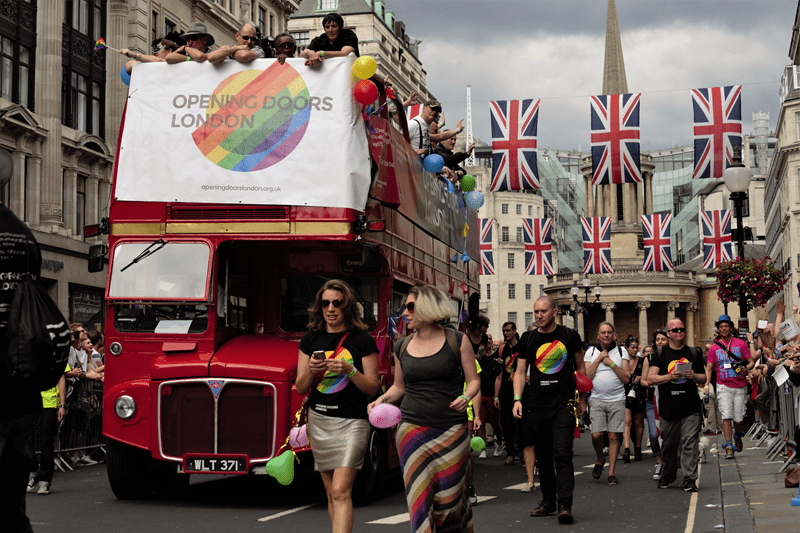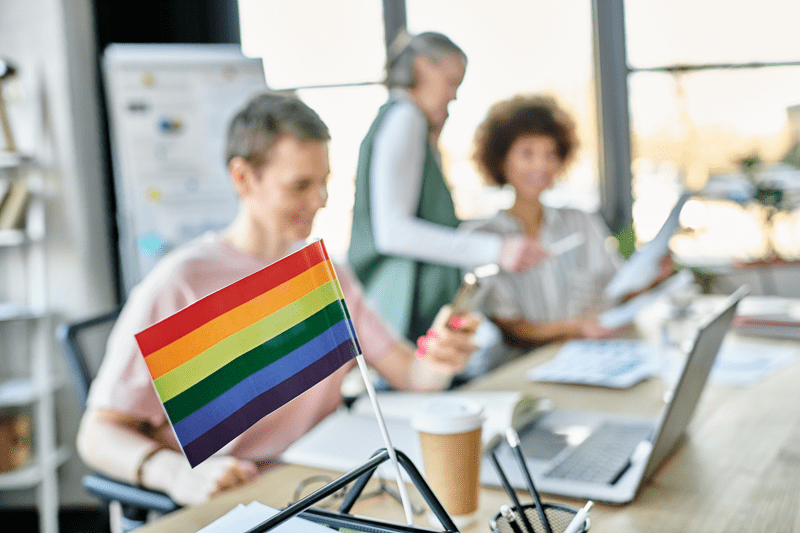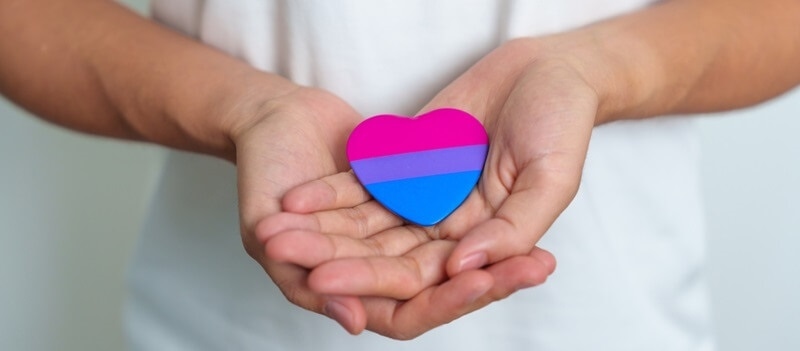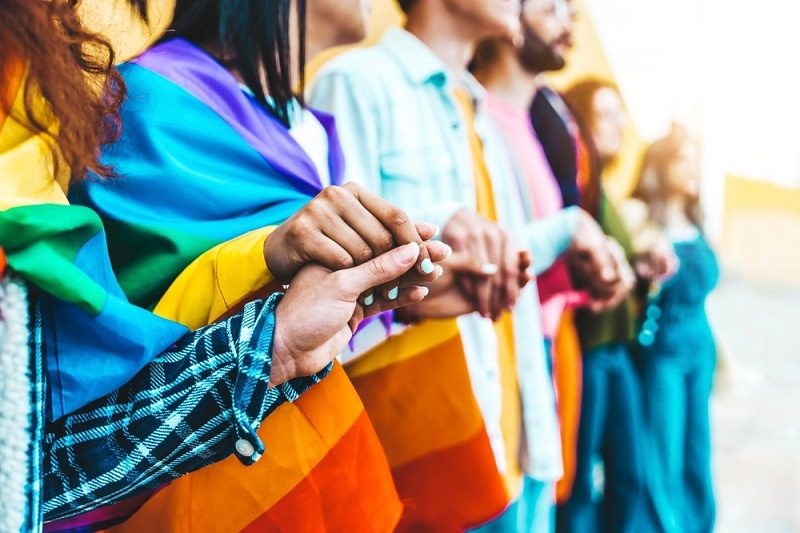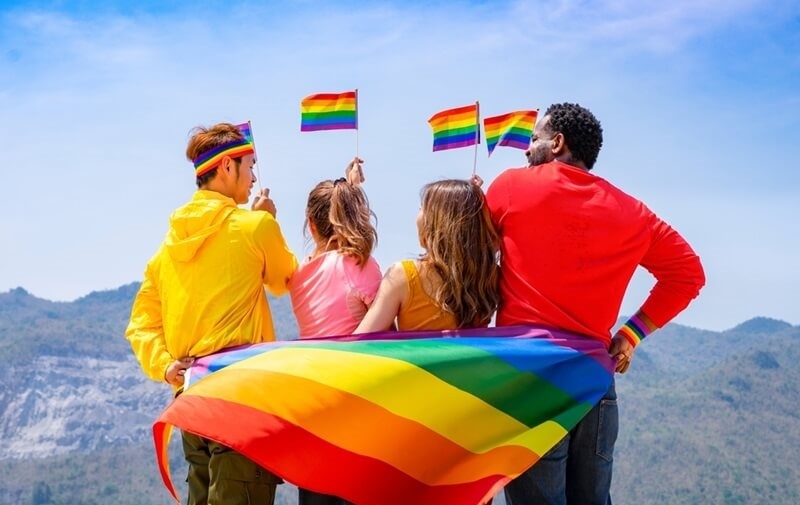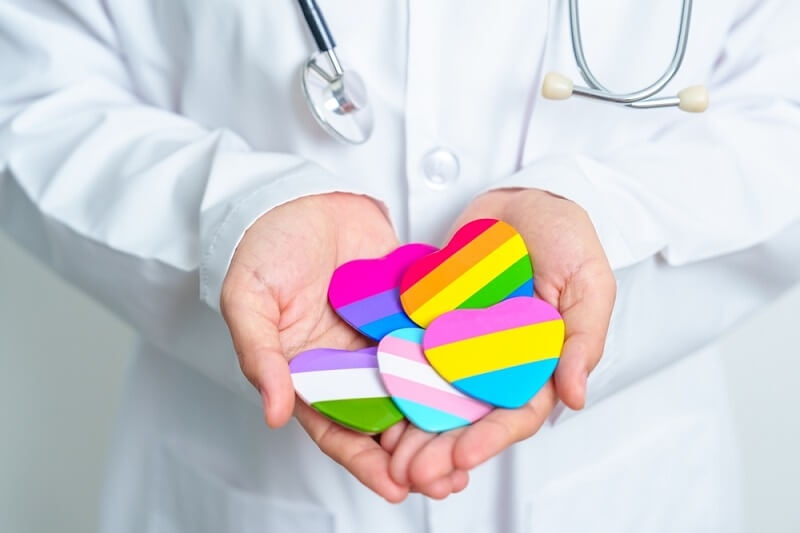Addressing Bisexual Discrimination: Causes, Protections, Etc

Bisexual discrimination refers to the unfair treatment or prejudice faced by individuals who identify as bisexual. Unlike those who identify as gay or lesbian, bisexual individuals often encounter unique forms of bias, stemming from a lack of understanding or stereotypes surrounding their sexual orientation.
Discrimination against bisexual people can manifest in various settings, including the workplace, healthcare, education, and social environments, often leading to exclusion, harassment, or even legal repercussions. The experience of being marginalized by both heterosexual and homosexual communities makes bisexual discrimination a distinct and pressing issue that requires focused attention. Let us learn more.
Misconceptions About Bisexuality and Their Consequences
One of the primary causes of bisexual discrimination is the prevalence of misconceptions about bisexuality. Many believe that bisexuality is merely a phase, a sign of indecision, or a lack of commitment. These misconceptions often contribute to harmful stereotypes, such as the notion that bisexual individuals are more likely to cheat, are inherently promiscuous, or are less capable of forming stable relationships. These biases not only fuel discrimination but also lead to a lack of support and understanding from both heterosexual and homosexual communities. As a result, bisexual individuals may face additional challenges in seeking acceptance and equal treatment in various spheres of life.
The Legal Landscape of Bisexual Discrimination in New Jersey
In New Jersey, the issue of bisexual discrimination has gained increased attention in recent years. The state has enacted specific laws aimed at protecting individuals from discrimination based on sexual orientation, including bisexuality. Under the New Jersey Law Against Discrimination (NJLAD), it is illegal to discriminate against someone in employment, housing, public accommodations, and other areas based on their sexual orientation. This means that bisexual employees have the right to work in an environment free from harassment, unfair treatment, or exclusion. Employers in New Jersey must be aware of these laws and ensure they are adhered to, or they risk facing legal consequences. Understanding these protections also highlights the importance of gender-affirming care for transgender individuals as part of a broader commitment to equality.
Legal Protections for Bisexual Employees: Federal and State Overview

At the federal level, protections against sexual orientation discrimination are provided under Title VII of the Civil Rights Act of 1964, which has been interpreted by the Supreme Court to prohibit discrimination based on sexual orientation and gender identity. This means that bisexual individuals are legally protected against discrimination in hiring, firing, promotion, and other employment practices. In addition, many states, including New Jersey, have their laws offering additional protections to bisexual individuals. In New Jersey, the NJLAD explicitly prohibits discrimination against bisexual people, ensuring they have the same rights and opportunities as their heterosexual counterparts.
Creating an Inclusive Workplace to Combat Bisexual Discrimination
To prevent bisexual discrimination in the workplace, employers must proactively foster a culture of inclusivity and respect. This involves implementing best practices, such as developing comprehensive anti-discrimination policies, ensuring that all employees understand the importance of diversity, and addressing any discriminatory behavior promptly. Employers should also provide regular training and education programs to help staff recognize and combat unconscious biases against bisexual colleagues. Such programs can clarify misconceptions, promote understanding, and reduce incidents of harassment or exclusion.
Developing Strong Anti-Discrimination Policies
Employers must develop and enforce clear policies against discrimination, including specific language addressing bisexuality. These policies should outline what constitutes discriminatory behavior, provide guidelines for reporting incidents, and detail the consequences for those who engage in such actions. Ensuring that employees are aware of their rights and the channels available for addressing grievances is also essential in creating a workplace where everyone feels safe, respected, and valued. Looking to top LGBTQ-friendly countries for best practices can help employers create more inclusive and equitable workplaces.
How to File a Complaint for Discrimination Based on Bisexuality?
If you are experiencing bisexual discrimination in the workplace, it is crucial to know the steps to take to protect your rights and seek justice. Filing a complaint is a formal way to address unfair treatment and can lead to corrective actions against discriminatory practices. Understanding the process is the first step toward securing a fair work environment.
Essential Actions When Confronting Discrimination at Work
When facing discrimination against bisexual individuals, the first step is to directly address the issue if it feels safe. Speak to the person responsible or notify your supervisor or HR department about the discriminatory behavior. It is vital to express clearly and calmly what has occurred and why it is unacceptable. If direct confrontation is not possible or does not resolve the issue, consider filing a formal complaint within your organization according to its anti-discrimination policy. This process often involves submitting a written statement detailing the incidents and requesting an investigation.
Gathering Evidence of Discriminatory Behavior
Documenting all instances of discrimination is critical to building a strong case. Keep a detailed record of each discriminatory act, including dates, times, locations, people involved, and any witnesses present. Save any relevant emails, texts, or other communications that may serve as evidence of the discrimination. Maintaining a chronological log of events will support your claims and help authorities understand the severity and frequency of the discriminatory actions. Accurate documentation is essential for substantiating your allegations and achieving a fair outcome.
Navigating the Complaint Process: From Start to Finish
Once you have decided to file a complaint, you must understand the steps involved from filing to resolution. Begin by submitting a formal complaint to your employer, typically through the human resources department. If the issue remains unresolved or you face retaliation, you may need to escalate the complaint to an external agency, such as the Equal Employment Opportunity Commission (EEOC) at the federal level or your state's equivalent agency. An investigation will follow, where both parties present their evidence. The process may lead to mediation, a negotiated settlement, or a court hearing, depending on the severity of the case and the willingness of both parties to reach a resolution.
Legal Remedies and Consequences for Discrimination
Victims of bisexual discrimination have several legal recourses and remedies available to them. They may be entitled to compensation for lost wages, emotional distress, and legal fees. Employers found guilty of discrimination could be subject to fines, mandated training, policy changes, or other penalties aimed at preventing future occurrences. In some cases, the employer might be required to reinstate the employee or provide back pay. The legal system offers various avenues for addressing discrimination, but it requires a proactive approach from the victim to utilize these options effectively.
Penalties for Employers Engaged in Discrimination Practices
Employers who are found guilty of discrimination against bisexual employees face serious consequences. Penalties can range from financial damages to losing business licenses or government contracts. Additionally, employers may be required to implement new training programs, revise anti-discrimination policies, and undergo regular audits to ensure compliance with the law. The penalties serve both as punishment and as a deterrent against future discriminatory behavior.
Learning from Success: Real-World Examples
Several successful cases highlight the importance of taking action against bisexual discrimination. For instance, cases where employees have won significant settlements have helped raise awareness and set precedents for future claims. These cases demonstrate that it is possible to achieve justice and highlight the critical role of legal frameworks in protecting individuals' rights. By understanding these examples, others facing discrimination can be encouraged to stand up and seek justice.
Also read: Understanding and overcoming depression in the LGBTQ community
Final Thoughts: Advancing Toward Fairness for All
Addressing bisexual discrimination is not just about legal compliance; it is about fostering an inclusive and respectful workplace culture. It is crucial for employers, employees, and advocates to work together to recognize and prevent discrimination in all forms. Creating a workplace where everyone feels valued and respected requires active efforts, from establishing strong policies to promoting education and awareness.
Everyone has a role to play in eliminating discrimination in the workplace. Employers must take proactive steps to enforce anti-discrimination policies and provide training that fosters a culture of respect and inclusion. Employees should feel empowered to report discriminatory behavior and support their colleagues facing such challenges. Advocates can continue to raise awareness and push for stronger protections under the law. By working together, we can move toward a more equal and inclusive society where all individuals, regardless of their sexual orientation, are treated with dignity and fairness.
This content was created by AI

